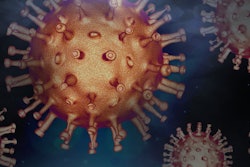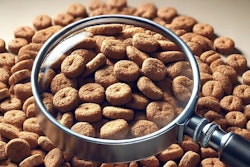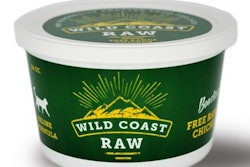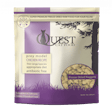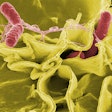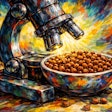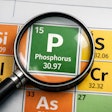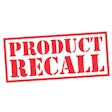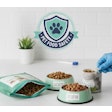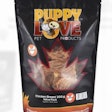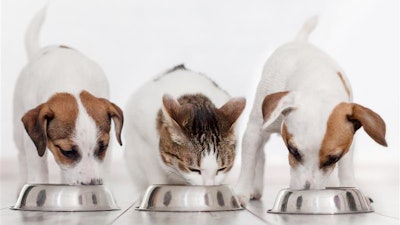
Amid ongoing HPAI outbreaks, the Pet Food Institute (PFI) is urging pet food manufacturers to implement robust safety measures across the supply chain to protect animal health. Reports have linked HPAI contamination to illnesses and deaths in domestic and wild cats, including some cats infected from eating raw pet food.
HPAI poses serious risk to companion animals, predominantly cats, from exposure to infected birds or poultry, exposure to people, clothing or fomites from affected farms, drinking unpasteurized dairy products or consuming infected raw meat, noted the PFI.
U.S. pet food makers are complying with all regulatory requirements, including reanalyzing their food safety plans for products using uncooked or unpasteurized materials from cattle or poultry, ensuring that HPAI is considered a known or reasonably foreseeable hazard.
PFI said the industry adheres to rigorous testing and quality assurance protocols to ensure product safety. The U.S. FDA, along with the U.S. Centers for Disease Control and Prevention (CDC) and American Veterinary Medical Association (AVMA), advises caution regarding raw meat diets for pets due to potential pathogen exposure. “H5N1 can be deadly to cats, as well as dogs, so we encourage consumers to carefully consider the risk of this emerging pathogen before feeding their pets uncooked meat or an uncooked pet food product," noted the FDA.
In addition, the Global Alliance of Pet Food Associations (GAPFA) has reaffirmed the safe trade of extruded dry pet food and heat-treated poultry based on international standards. These combined efforts aim to ensure that, even amid disease outbreaks, pet food remains safe and reliable.
"Pet food makers love animals, and the safety of pet food is their highest priority," said Dana Brooks, president and CEO of PFI. "They recognize the risks to pets that are associated with HPAI, and they have strict processes in place to mitigate those risks. Pet food makers are implementing supply chain controls and are actively engaging with suppliers of eggs and poultry products that are used in making nutritious pet food to both ensure that ingredients are not coming from HPAI-infected animals, and to identify ways to further alleviate risk."
Steps for pet food manufacturers
The FDA recommends the following practices to minimize H5N1 risks in pet food manufacturing facilities:
- Source ingredients only from healthy herds or flocks.
- Implement processing steps such as heat treatment, which has been shown to inactivate the virus in meat, milk and eggs.
- Establish supply-chain controls to verify ingredients are free of H5N1 contamination.
The agency has also provided resources and scientific literature to help manufacturers update their plans. Companies that implement preventive controls will contribute to protecting pet health and reducing the spread of H5N1.
Pet food businesses are encouraged to act quickly to ensure their food safety plans meet these updated standards. The FDA highlights that addressing H5N1 requires collaboration across government, industry and consumers.



